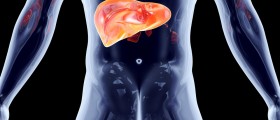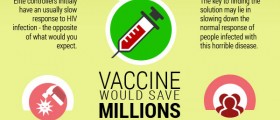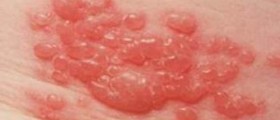
Antiviral medication – Acyclovir
Zovirax is the brand name under which acyclovir can be purchased. Herpes simplex viruses 1 and 2, varicella-zoster and Epstein-Barr virus attack the living cells and reproduce by themselves. It is not often seen that during this process the infected cells get damaged. Acyclovir works by being turned into an active form by the virus and that virus then uses this active form of the drug and does not use the nucleoside that it usually uses in order to manufacture DNA. The nucleoside is an essential component for the process of replication of the virus. Once the acyclovir is incorporated into new viral DNA, the production of the DNA stops. The cells that are already affected by the virus absorb more of the drug than other cells and due to that even more of acyclovir becomes the active form. Thanks to that the antiviral activity lasts for a longer period of time. Doctors started prescribing acyclovir in March 1982, when the drug was approved by the FDA.This antiviral drug should not be held in a place where the temperature is below 15 degrees Celsius or where it is higher than 25 degrees Celsius. The drug is an effective way of treating fever blisters and genital herpes as it reduces the pain that occurs and significantly lessens the amount of lesions that form. In addition to this, the drug will also influence the frequency and severity of these outbursts and they will not appear as often as they did. Acyclovir reduces the pain in case of shingles as well and it speeds the healing time. The virus is also not permitted to spread and the drug usually prevents the forming of new lesions. Other uses of this medicine exist as well as the drug is used as a treatment option for eczema herpeticum. This form of eczema develops due to a herpes virus.
Acyclovir is available in several forms like capsules, tablets, suspension, injection and powder for injection and ointment. Oral doses for the adults are between 200 mg and 800 mg and should be taken every four hours.Side effects of Acyclovir
Before taking this drug, a patient should talk to the doctor about any other drug that he or she is taking. This is vital because acyclovir interacts with other medication. A person who is taking Dilantin or Depakote should definitely inform the doctor as acyclovir can decrease the levels of phenytoin or valproic acid. There are several more drugs that can interact with acyclovir like Benemid for instance.A person who is allergic to acyclovir or any other ingredient that is found in acyclovir should mention that fact to the doctor as well. If the patient is thinking about taking supplements, vitamins and herbal products, he or she should also talk about it with the doctor before taking acyclovir.
When pregnant women are considered, there is not strong evidence that acyclovir affects them because no adequate studies on this subject were done. Pregnant women who used this drug during the first three months of the pregnancy experienced the same rate of birth defects as the women who did not take the drug. Nursing mothers should be aware of the fact that acyclovir is excreted in breast milk and a lot of it can pass on to the baby. No special dietary instruction should be followed during the time the patient is taking acyclovir. However, a lot of water should be consumed.Just like any other medication, there are certain side effects that a person can experience while taking acyclovir. The patient needs to inform the doctor if the symptoms are more severe than they are supposed to be and if they are stay for a long period of time. Some of the most often experienced side effects include upset stomach, vomiting, diarrhea, dizziness, tiredness, agitation, hair loss, pain in the joints and problems with vision. Apart from these side effects certain others can occur that are a lot more serious than these. Hives, rash, blisters, itching, problems with breathing, swelling of the face, throat, tongue, lips, eyes, hands and feet, fast heartbeat, pale skin, bloody diarrhea, decreased urination, confusion, aggressive behavior, hallucinations and even problems with speaking are only some of the more serious side effects of acyclovir.

















Your thoughts on this
Loading...